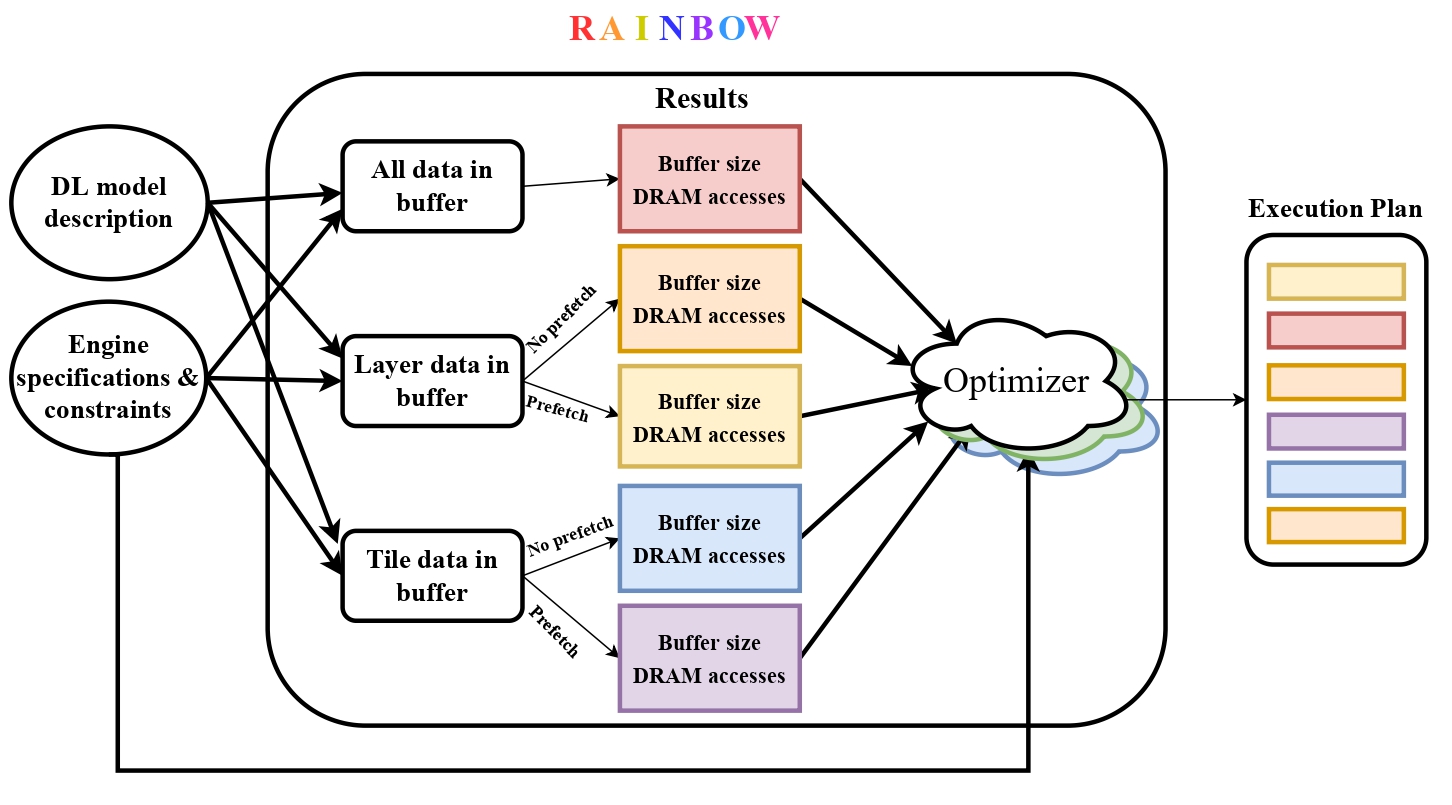Our colleague Stavroula Zouzoula from Chalmers participated in the IEEE International Symposium on Performance Analysis of Systems and Software (ISPASS 2023), from 23 to 25 of April, in Raleigh, North Carolina.
Stavroula gave a presentation as part of the Poster Lightning Talks on the extended abstract entitled RAINBOW: Multi-Dimensional Hardware-Software Co-Design for DL Accelerator On-Chip Memory.
This work is part of task T3.5 of VEDLIoT project and it’s purpose is to assist the deployment of a neural network to a dedicated accelerator based on its resources (e.g. its on-chip memory size).
Here’s the abstract:
Deep Learning (DL) is developing at an extremely fast pace. The increased number of applications, optimizations and hardware devices available, results in a multi-dimensional design space where the best performance is achieved with a detailed analysis of the hardware-software co-design process. Furthermore, the high demands for memory and the off-chip latency cost result in the on-chip memory becoming critical for achieving high performance and efficiency.
In this work, we propose RAINBOW, a tool to assist in the hardware-software co-design for DL accelerators’ on-chip memory. The purpose is to help the design and/or deployment of a DL model to a dedicated accelerator. RAINBOW generates different analyses results and feeds them to the optimizers. The result is a heterogeneous execution plan combining different approaches and techniques depending on the dynamic requirements and constraints. In our analysis, we concluded that given the opportunity, RAINBOW’s heterogeneous plans are able to reduce the DRAM accesses to approximately half when compared to homogeneous plans.

